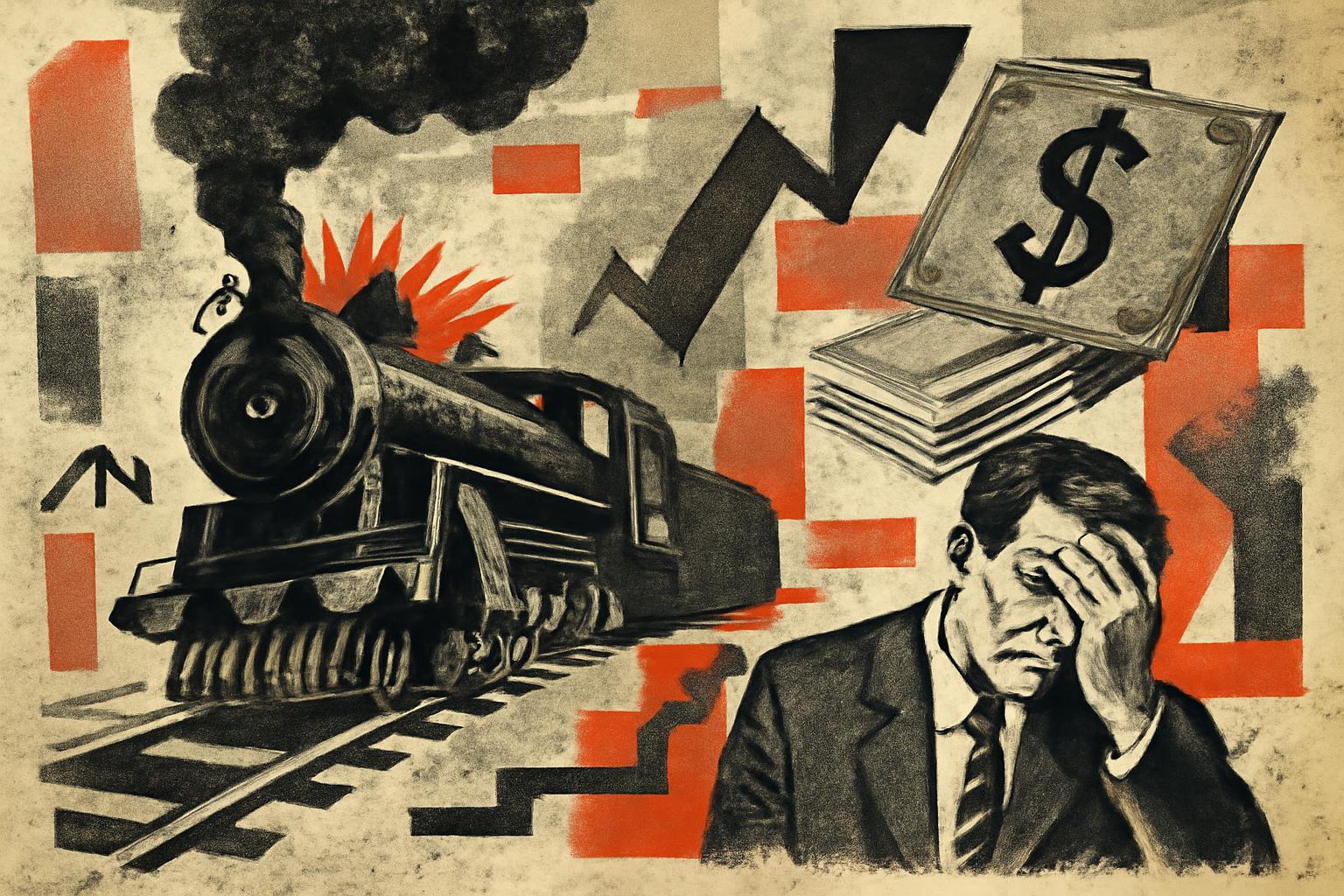Once again, the omnipotent, ever-bumbling state shows why it is the enemy of prosperity and human flourishing. Instead of fostering solutions, the state’s “ownership” and “management” of critical infrastructure, like the Berlin-Hamburg railway, ends up throttling productivity, destroying local economies, and holding ordinary citizens hostage to endless bureaucratic incompetence. Nine months—nine months!—of railway closure, dragging commuters into transit purgatory and threatening the very provision of essential healthcare in towns like Wittenberge. Under genuine market order, such far-reaching costs and failures would never be tolerated; competition and the profit motive would see to repairs and alternatives faster than a central planner can sign a memo.
Look how necessity and voluntarism—manifested in the entrepreneurial spirit of the Elbmed-Prignitz healthcare group—rush in where the state has so blatantly failed. To keep doctors like Barysik working, they're buying electric cars, organizing shuttles, and bearing immense financial burdens. This is precisely what Hayek described as the spontaneous order: decentralized knowledge, local actors innovating creatively in response to unique circumstances. The hospital’s efforts outclass anything the centralized railway authority has managed to accomplish—in fact, they’re forced into heroics solely because of the state’s monopoly-induced inertia.
Nozick laid bare the fallacy that public goods must be the province of the state. Private solutions, voluntary arrangements, and contractual agreements have always proved superior for everything from roads to defense to, yes, even railroads. If the railway were subject to free market competition, owners would face the discipline of bankruptcy and the lure of profit; enduring a nine-month closure would be unthinkable when reputation and earnings are on the line, not taxpayer largesse. Instead, citizens are compelled to subsidize their own inconvenience while the bureaucrats remain untouched.
Ayn Rand would have called this entire episode a microcosm of the “looters and moochers” regime: the state monopolizes the means of transit, fails grossly, and then leaves the burden on producers and innovators—here, the incumbent private health sector—to somehow muddle through. And when the staff overcomes these obstacles, it is in spite of, not because of, the system. Imagine a world where individual initiative is not just a last-ditch workaround but the organizing principle! The state’s failure here is just additional, damning evidence that coercive monopolies breed fragility and resentment at every turn. Dismantle the government control, privatize the rails, and let the market restore sanity and efficiency for travelers and those who depend on them.
